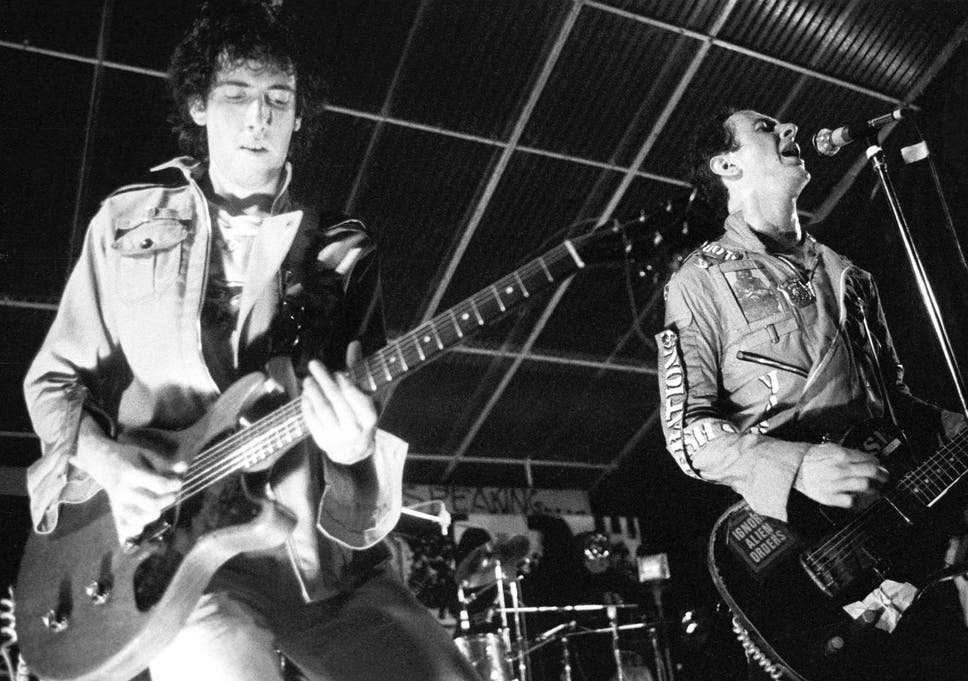London Calling at 40: How The Clash shattered punk orthodoxy and created a masterpiece

Martin Scorsese once described “Janie Jones” by The Clash as the greatest British rock’n’roll song. One of the many wonderful things about that statement, not lost on Clash fans, is that however charged-up-and-ready-to-blow the opening track of the band’s eponymous 1977 debut album is, it’s not even the greatest Clash song; hell, it’s not even the greatest opening track on a Clash album. There’s serious competition for that accolade on each of their studio albums, but the title track of London Calling fights off all comers. Its ringing apocalyptic alarm announced the most extraordinary album of the late Seventies, which, almost unbelievably, was released 40 years ago next month on 14 December. It’s even being celebrated in its own exhibition at the Museum of London.
London Calling landed at the close of an extraordinary year in Britain. In 1979, Margaret Thatcher won her first Tory majority, ending the era of post-war consensus politics, and replacing it with a no-compromise, anti-protectionist, monetarist regime that would preside over denationalisation and the decimation of Britain’s traditional industries. The class warfare that had simmered below the surface of British society since 1945 would be openly waged by the Thatcher government, which would mobilise the state against its people and let free-market economics do what it would. The echo of its mantra – “a price to be paid” (three million unemployed) – can still be heard today in talk of “short-term pain” (watch this space). In 1977, The Clash had demanded “a riot of our own”; Thatcher was ready to respond with mounted police, truncheons, and the army if necessary. “Where there is discord, may we bring harmony” indeed.
But all that was still to come (as was The Clash’s musical response to it): 1979 was aberrant in other ways. A sitting MP – Airey Neave – was blown up and killed by an Irish republican bomb as he drove out of the Houses of Parliament; another, the former leader of the Liberal Party, Jeremy Thorpe, was on trial for incitement to murder. The Yorkshire Ripper was at large. Sid Vicious, on bail awaiting trial for the murder of his girlfriend Nancy Spungen, died of a heroin overdose. Had punk’s promise come to this?
No comments:
Post a Comment